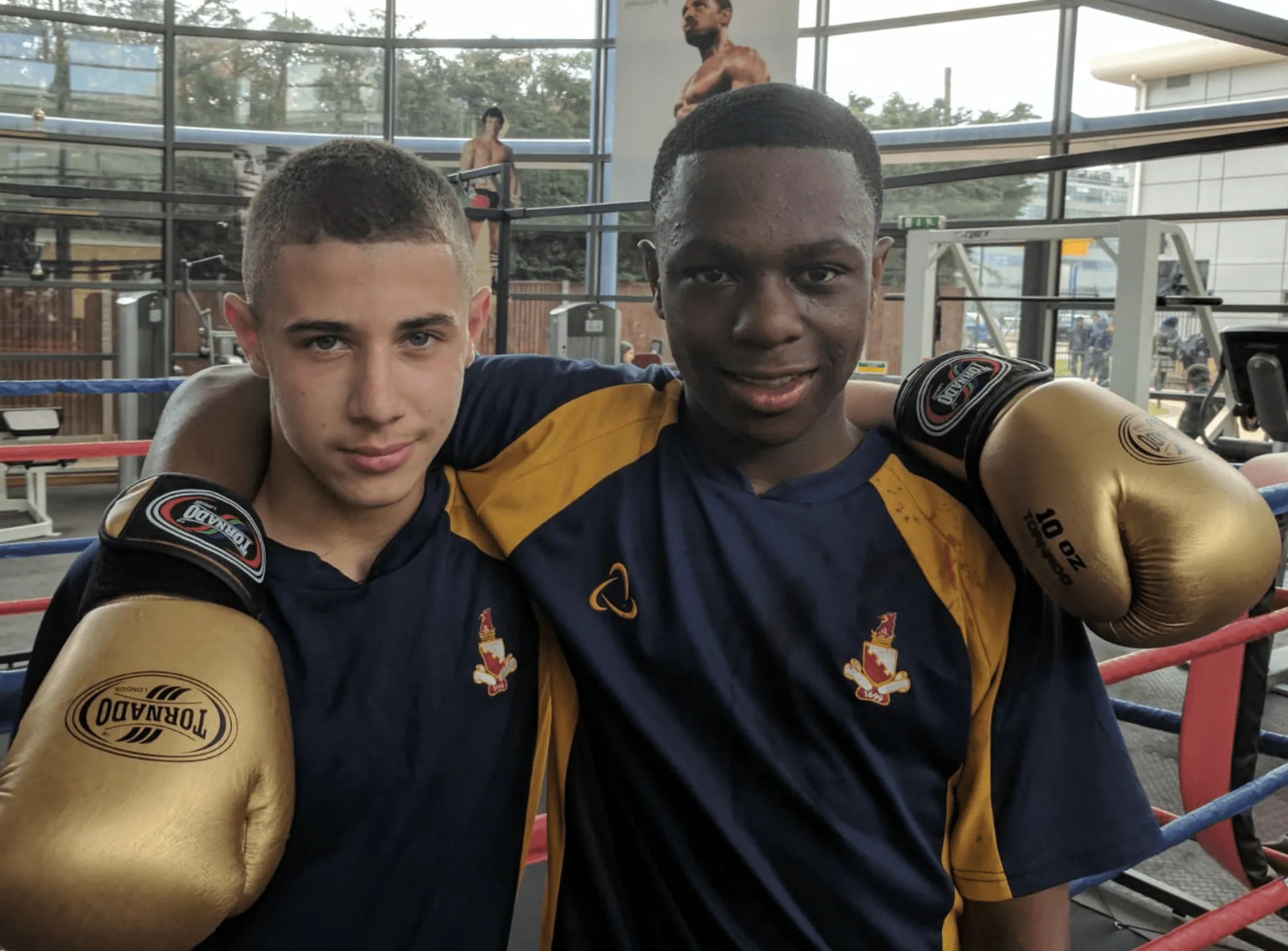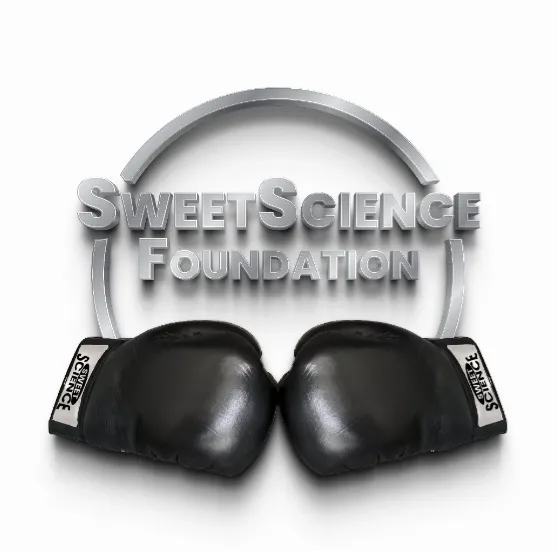
There’s no such thing as a knife crime story that isn’t disturbing.
One that sticks in my mind is about a woman who, around 4pm, heard what she thought was the sound of a wounded animal. Screeching. She stepped out of her flat and followed the noise to behind the garages on her estate. That’s where she found a young boy, face down in a pool of blood.
She took off her coat and tried to stop the bleeding.
She later told police that the boy - still in his school uniform - was crying out for his mum, begging her not to let him die. It turned out he’d been lured there by a girl from school, only to be ambushed by a gang of boys wielding knives. They stabbed him to death. Another tragic and unnecessary loss of life.
People throw around all kinds of reasons for the rise in knife crime: grime music, absent fathers, gangs, postcode wars, social media, fear, hopelessness. Maybe all of that plays a part. But what’s the cure?
For over 20 years, I’ve worked with young people in schools, Youth Offending Teams and Pupil Referral Units. In 2023, we became a not-for-profit charity: SweetScience Foundation. We use non-contact boxing to do three things:
Get young people’s Attention.
Earn their Respect. Win their Trust. That’s what I’ve coined ‘the ART of Boxing’. Only when we’ve done that can we start to really impact a young person’s life.
We use boxing as a Trojan horse, and it works. It's effective. It’s progressive. Most people will agree that boxing builds confidence and resilience. But we take it further.
We bring kids into a team and use that space to help them learn about themselves. We show them what’s out there, give them strategies to navigate the pressures that surround them every day and use the discipline of boxing to build character. To open conversations. To interrupt negative cycles. We encourage young people to develop ‘introspection’ - a word many of them have never heard or learned to practice.
Our unique programme uses boxing’s code of conduct to build a mindset that looks down on carrying knives. We bring in mature, local, ex-boxers with lived experience as mentors. These are men and women who’ve been there, seen it all, and turned their lives around. They offer more than training, they offer real-life lessons, character education – and a moral compass.
We don’t just teach boxing. We build strong, grounded young people - with purpose, direction and hope. In fact, our motto is based on a quote from Frederick Douglass “It’s better to build strong children than to repair broken adults”.
I saw it first-hand growing up. My boxing gym was full of every kind of person, different cultures, different backgrounds, different personalities - but we shared values: discipline, honour and respect. That’s what we pass on. We help young people understand that the world can be their oyster but they’ve got to position themselves to achieve it.
I’ve been talking about solutions to knife crime for about 20 years, and to be frank with you, I haven’t seen many consistent steps forward. In fact, sometimes it feels like we’ve gone backwards. More youth clubs have shut. Fewer targeted mentoring programmes exist. And in schools, there’s barely any real focus on character development.
But let’s be clear: this is not just a youth issue. It’s a systems issue.
Every year, we see another round of media outrage. Another set of headlines. Another funeral. Another “urgent roundtable.” But the same deep problems remain:
• A lack of early, consistent intervention
• A lack of real character education in schools
• A lack of spaces where young people can feel safe, seen and supported.
I get that school is a place to get qualifications. But in today’s world, teaching a young person not to carry a knife is just as important as teaching English.
So how do we really tackle knife crime? Here’s what I think:
Character education should be on the curriculum. Teaching young people how to communicate, self-regulate, resolve conflict and build a sense of purpose is just as vital as academic achievement.
We need more lived-experience professionals in youth spaces. There’s no substitute for a mentor who “gets it.” Not just because they’ve read about trauma or post about it on TikTok, but because they’ve walked the road themselves. The best interventions come from people who know the streets, but have chosen a different path. The justice system should include preventative education. Take some of these kids into courtrooms. Let them sit in on a real-life trial. Let them see the reality.
My eldest daughter, now a qualified lawyer from a working-class background, recently attended a knife-related murder trial at the Old Bailey. She told me how heartbreaking it was to see a young person in the dock, completely unaware of the legal jargon - with barristers and judges talking over his head, while holding his future in their hands. Prevention isn’t just about telling kids not to carry knives. It’s about making sure they truly understand the cost.
This crisis isn’t going to go away without focused, targeted work. There must be investment in what's already working. There are brilliant grassroots projects and charities in London making a real, lasting impact. But too often, they’re overlooked in favour of new “initiatives” dreamed up by people with no lived insight.
The Government should fund what’s already proving effective. Scale it. Study it. And fund it long-term. Too many interventions only kick in after a young person has been excluded, arrested or stabbed. We need to be upstream - reaching kids before they even think about picking up a knife. That means primary school age, doesn’t it?
No one’s ever going to report on the young lad who didn’t carry a knife. Or the one who didn’t stab someone because of the trust and guidance of a boxing coach. SweetScience Foundation know those quiet victories. Thankfully, we've seen them thousands of times. Our goal is for the SweetScience programme to be on the national curriculum – right alongside rugby, netball, tennis and football. Because we’ve got the evidence and the impact. And it’s time the system caught up.
The current strategies clearly aren’t working. We need real, relatable role models; not celebrities on socials - but people from the same estates. That’s who young people connect with. Knife crime is a community crisis, so it’s going to take a community - parents, teachers, coaches, mentors, leaders - to tackle it together.
Think about this: it reportedly costs up to £400 a day to place just one child in a Pupil Referral Unit. SweetScience can deliver long-term change for just £42 per child through our 10-week programme.
It’s not just us saying it. Independent evaluations - including by the World Health Organisation and Sport England - show the impact of our work:
• Improved mental health
• Reduced negative behaviours
• Better physical and emotional wellbeing
• Healthier lifestyles.
The government spends £119,000 a year to keep one young person in a Young Offenders Institution. We could run SweetScience programme pilots in 50 schools for under £1 million a year reaching over 24,000 students. That’s impact and prevention. A national roll-out would cost just a fraction of what’s already being spent on emergency responses.
I believe the next step is national backing for proven community models like SweetScience Foundation - not more reports, but real action. If our society is serious about reducing knife crime, improving young lives, strengthening communities, and easing pressure on public services - then there needs to be more funding for the charities putting in the work - giving young people hope, direction and a different story to write for themselves.
Media isn’t going to be writing headlines about “the boy who didn’t carry a knife”. But we will know him. And we’ll keep building more like him. We don’t hope for change. We build it.

Leroy Nicholas, Founder and CEO, SweetScience Foundation
www.sweetsciencefoundation.org.uk
